challenges from
This archipelagic nation faces environmental challenges from climate change to habitat loss, yet communities across the islands are pioneering innovative approaches to eco-tourism. From community-managed marine sanctuaries to indigenous-led forest conservation, your journey through these islands can directly support these vital efforts while creating memories that last a lifetime.
Why Choose an Eco-Conscious Philippine Adventure?
The breathtaking natural beauty of Palawan demands responsible tourism practices
The Philippines’ delicate ecosystems face increasing pressure from mass tourism. By choosing an eco-conscious approach, you help preserve these natural wonders for future generations. Sustainable travel in the Philippines means selecting accommodations that minimize environmental impact, engaging with communities in meaningful ways, and supporting conservation initiatives.
Beyond environmental benefits, sustainable tourism creates economic opportunities for local communities, preserves cultural heritage, and offers travelers more authentic, enriching experiences. Your choices as a traveler directly impact both the environment and the communities you visit.
“The true essence of the Philippines isn’t just in its landscapes but in the connection between its people and nature. Sustainable travel honors this relationship.” – Philippine Sustainable Tourism Network
Top Eco-Conscious Destinations in the Philippines
1. Palawan: The Last Ecological Frontier
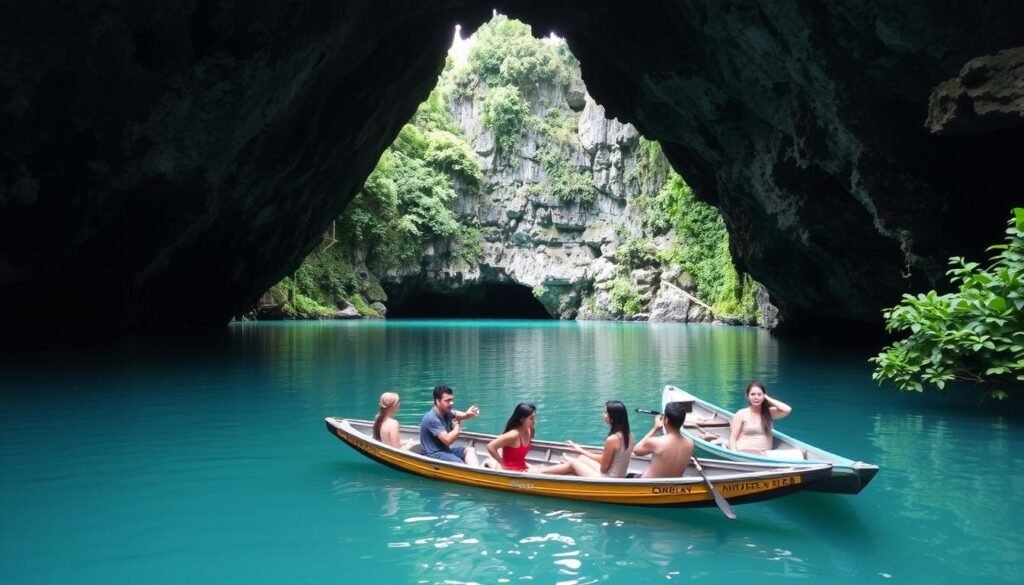
Often called “The Last Ecological Frontier,” Palawan balances tourism with strict conservation policies. The Puerto Princesa Underground River, a UNESCO World Heritage Site, exemplifies sustainable tourism with its visitor limits and community-managed approach. Local guides, many from indigenous communities, share their knowledge while ensuring minimal impact on this natural wonder.
El Nido and Coron offer responsible island-hopping tours where operators follow strict “leave no trace” principles. Many resorts in these areas have embraced renewable energy, water conservation, and plastic-free initiatives. By choosing certified eco-friendly operators, your Palawan adventure supports both conservation and local livelihoods.
For wildlife enthusiasts, the Calauit Safari Park provides ethical wildlife encounters focused on conservation education rather than entertainment. The park’s breeding programs for endangered species demonstrate how tourism can directly support conservation efforts.
2. Bohol: Biodiversity and Community Conservation
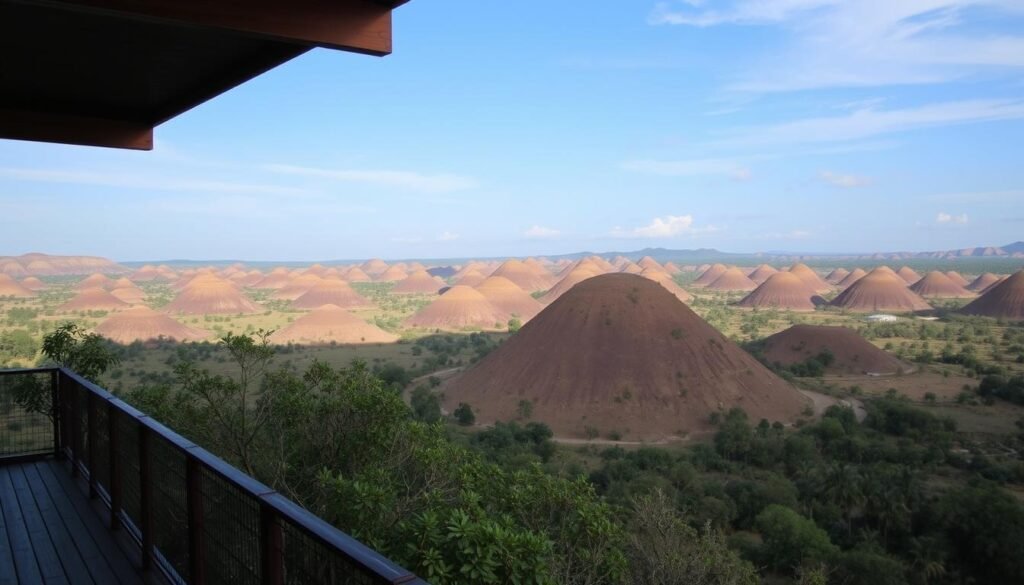
Bohol’s famous Chocolate Hills and tarsier sanctuaries demonstrate how tourism can protect rather than exploit natural wonders. The Philippine Tarsier Sanctuary in Corella operates under strict guidelines that prioritize the welfare of these endangered primates over tourist convenience. Visitors learn about conservation efforts while observing tarsiers in their natural habitat.
The island’s mangrove forests host firefly watching tours that support both ecosystem protection and local economies. These nighttime excursions along the Abatan River are carefully managed to minimize disturbance to firefly populations while providing income for local communities.
Panglao Island’s marine sanctuaries showcase community-based conservation, where local fishermen have become guardians of coral reefs. By choosing dive operators that follow sustainable practices, you contribute to these grassroots conservation efforts.
3. Siargao: Beyond Surfing Paradise
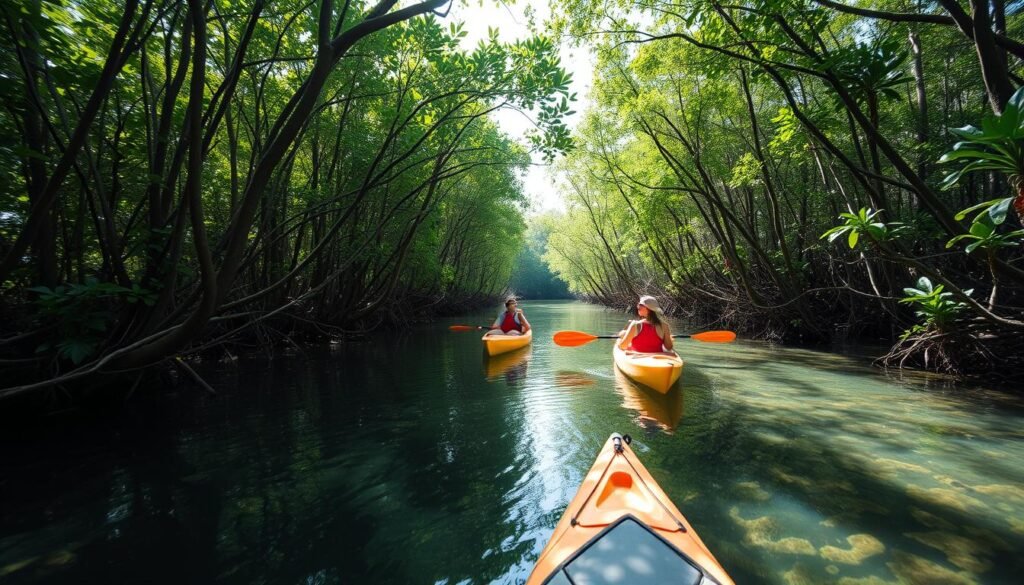
While famous for its world-class waves, Siargao has embraced sustainable tourism beyond its surfing identity. The island’s extensive mangrove forests are protected through community-led initiatives that offer kayaking tours rather than destructive development. These tours provide sustainable livelihoods while educating visitors about the crucial role of mangroves in coastal protection.
Many accommodations on the island have pioneered sustainable building practices using bamboo and other renewable materials. Farm-to-table restaurants reduce food miles while supporting local organic farmers. The island’s “Siargao Environmental Awareness Movement” organizes regular beach cleanups and educational programs for both tourists and locals.
Sohoton Cove National Park, accessible from Siargao, demonstrates how protected areas can balance tourism with conservation. Its stingless jellyfish sanctuary and limestone caves are carefully managed to prevent overcrowding and environmental damage.
Essential Practices for Your Eco-Conscious Philippine Adventure
Zero-Waste Travel Essentials

- Reusable water bottle (with filter for remote areas)
- Cloth shopping bags for markets and souvenirs
- Bamboo utensils and metal straws
- Reef-safe sunscreen to protect marine ecosystems
- Biodegradable toiletries in refillable containers
- Quick-dry microfiber towel to reduce laundry needs
Responsible Wildlife Encounters
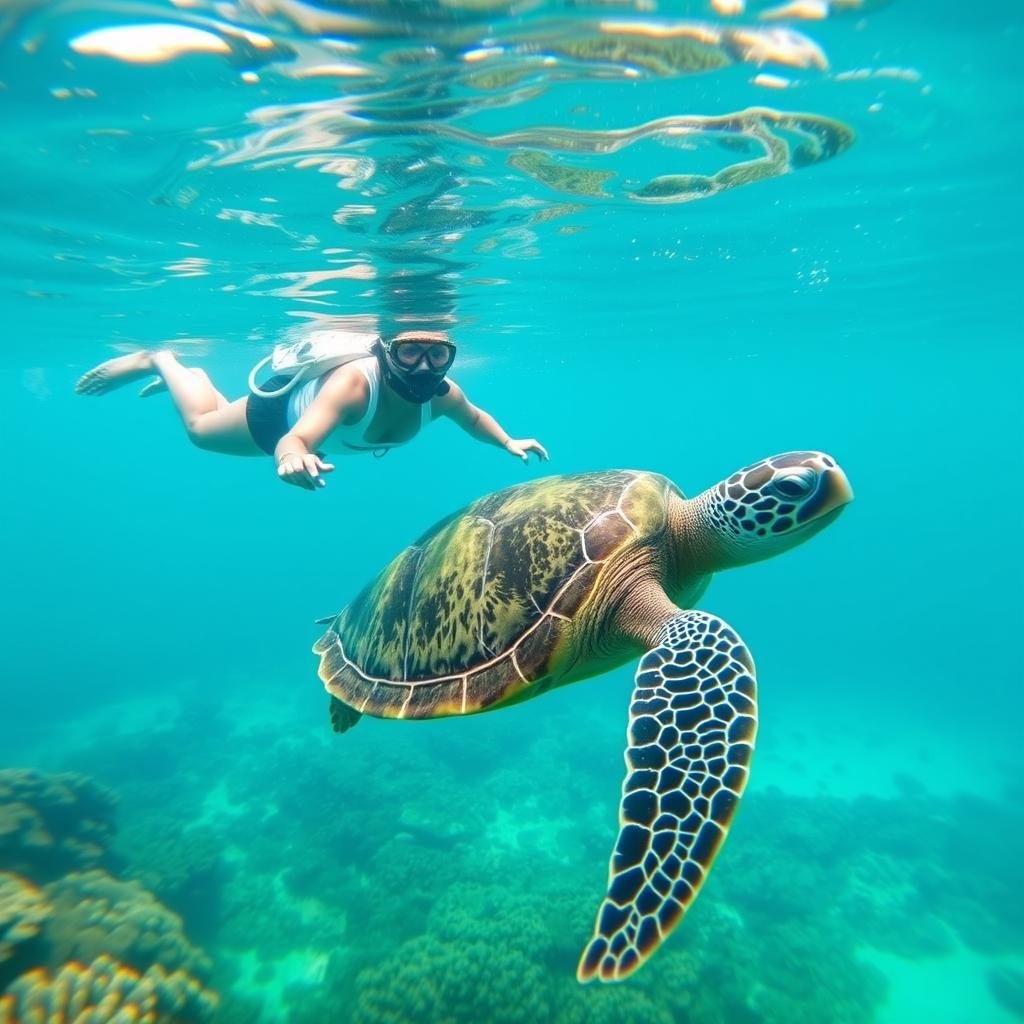
- Choose sanctuaries that prioritize animal welfare
- Maintain proper distance from marine life while snorkeling
- Never touch or feed wildlife, even when encouraged
- Avoid operators offering unethical wildlife interactions
- Support conservation programs with educational focus
- Report wildlife exploitation to local authorities
Selecting Truly Sustainable Accommodations
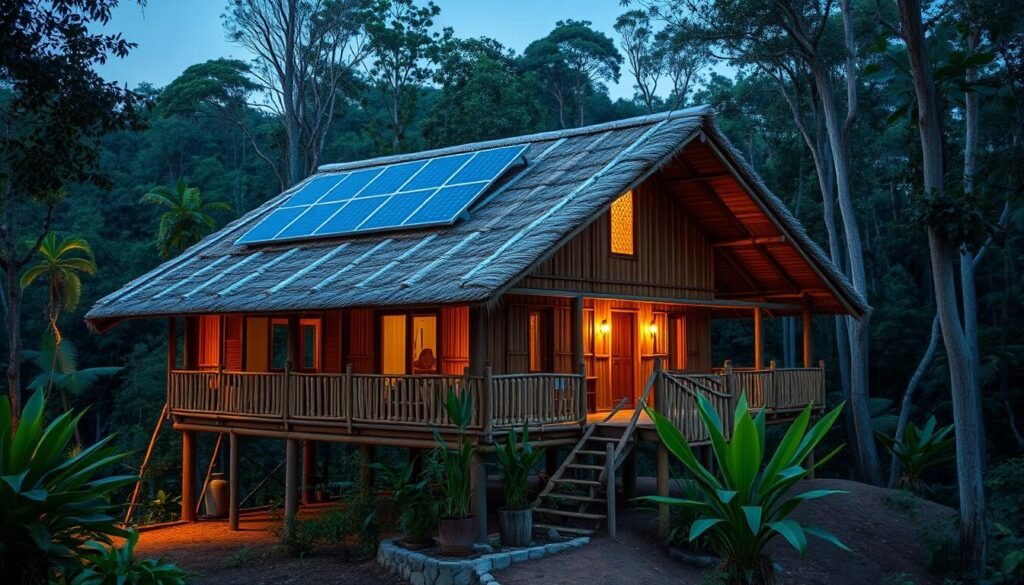
The Philippines offers a growing number of genuinely sustainable accommodations, from bamboo beach huts to eco-luxury resorts. Look beyond marketing claims by researching their specific environmental practices. Truly sustainable properties will transparently share information about their energy sources, waste management, and water conservation efforts.
Consider locally-owned accommodations that employ community members and source supplies locally. Many Philippine eco-lodges reinvest profits into conservation and community development projects. Some properties offer guests opportunities to participate in conservation activities like tree planting or coral restoration.
Questions to Ask Before Booking:
- How do you manage waste and wastewater?
- What percentage of your staff comes from local communities?
- Do you source food locally and support organic farming?
- What energy sources power your property?
- How do you contribute to local conservation efforts?
Cultural Immersion: Connecting with Communities
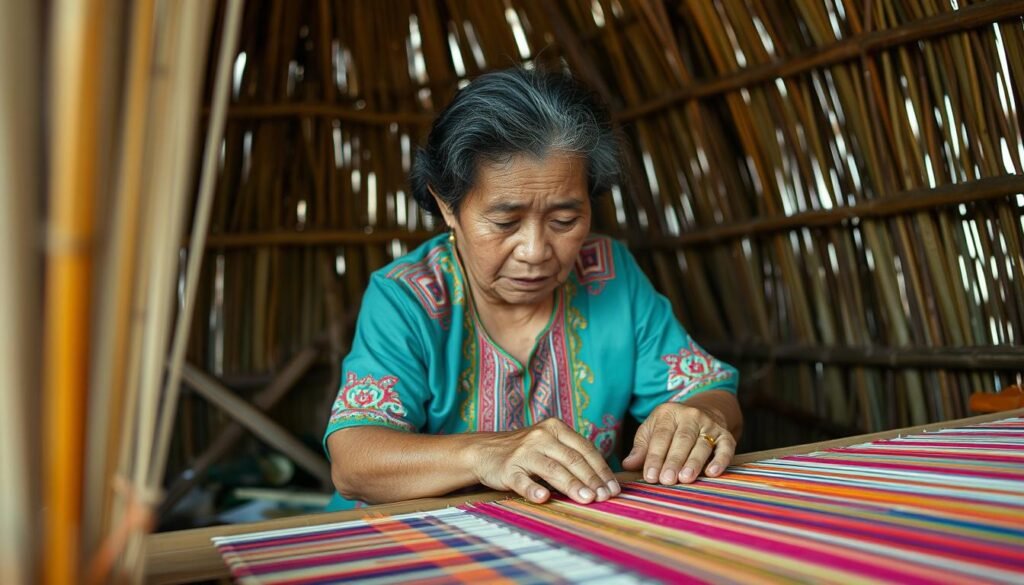
Authentic cultural experiences form the heart of any Eco-Conscious Philippine Adventure. The archipelago’s diverse indigenous communities maintain rich traditions that visitors can respectfully engage with through community-based tourism initiatives. These programs ensure tourism benefits flow directly to communities while preserving cultural heritage.
Indigenous Community Visits
Several indigenous communities welcome visitors through structured programs designed to share their culture while maintaining cultural dignity. The Ifugao communities around Banaue offer homestays where guests learn about traditional rice farming and cultural practices. In Palawan, the Batak and Tagbanua peoples share their forest knowledge and traditional crafts through guided experiences.
When visiting indigenous communities, always arrange visits through legitimate community organizations rather than commercial tour operators who may exploit these relationships. Respect photography guidelines, dress modestly, and be willing to participate rather than merely observe.
Traditional Crafts and Sustainable Souvenirs
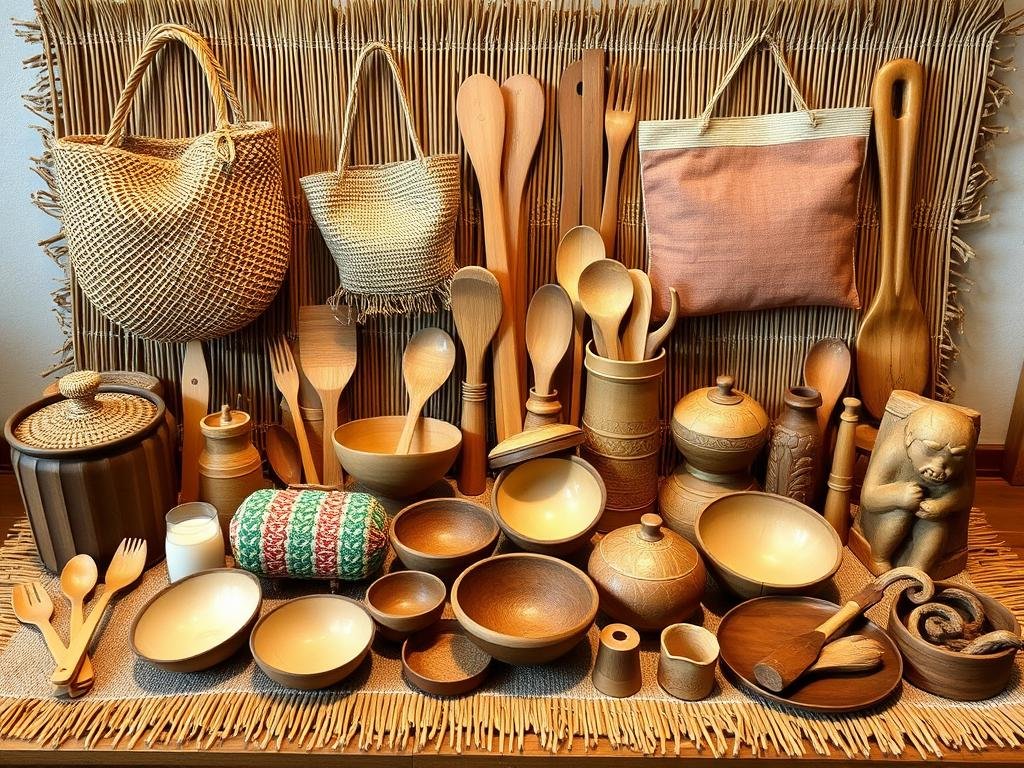
Supporting local artisans preserves traditional skills while providing sustainable livelihoods. Look for workshops where you can learn traditional crafts like weaving, pottery, or woodcarving directly from artisans. Many communities offer hands-on experiences where visitors create their own souvenirs while learning about cultural significance.
When purchasing souvenirs, choose items made from sustainable materials like abaca fiber, bamboo, or coconut shells rather than endangered hardwoods or coral. Ask about the origin of materials and the production process to ensure your purchases support both environmental and cultural sustainability.
“Tourism becomes truly sustainable when it honors the connection between people, their culture, and the natural world they steward.” – Indigenous Peoples’ International Centre for Policy Research and Education
Sustainable Activities for Your Eco-Conscious Philippine Adventure
Marine Conservation
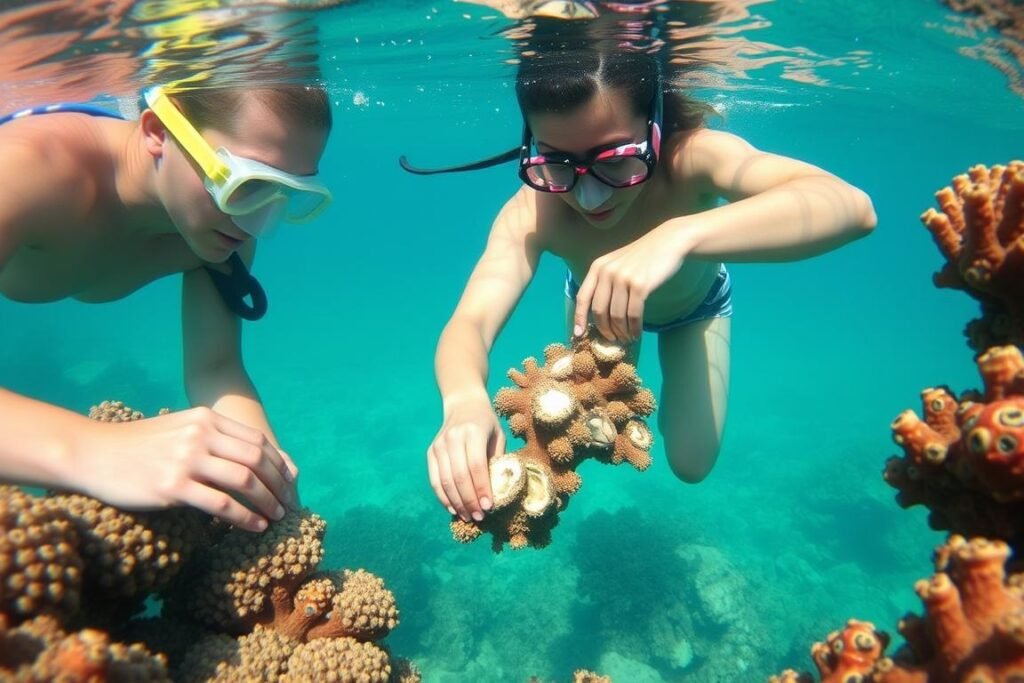
Participate in coral restoration projects in marine sanctuaries across the Philippines. Organizations like the Coral Triangle Initiative offer volunteer opportunities where travelers help transplant coral fragments onto damaged reefs.
Choose dive operators certified in sustainable practices who contribute to marine protected areas. Many coastal communities offer citizen science programs where visitors help monitor reef health and marine species.
Forest Conservation
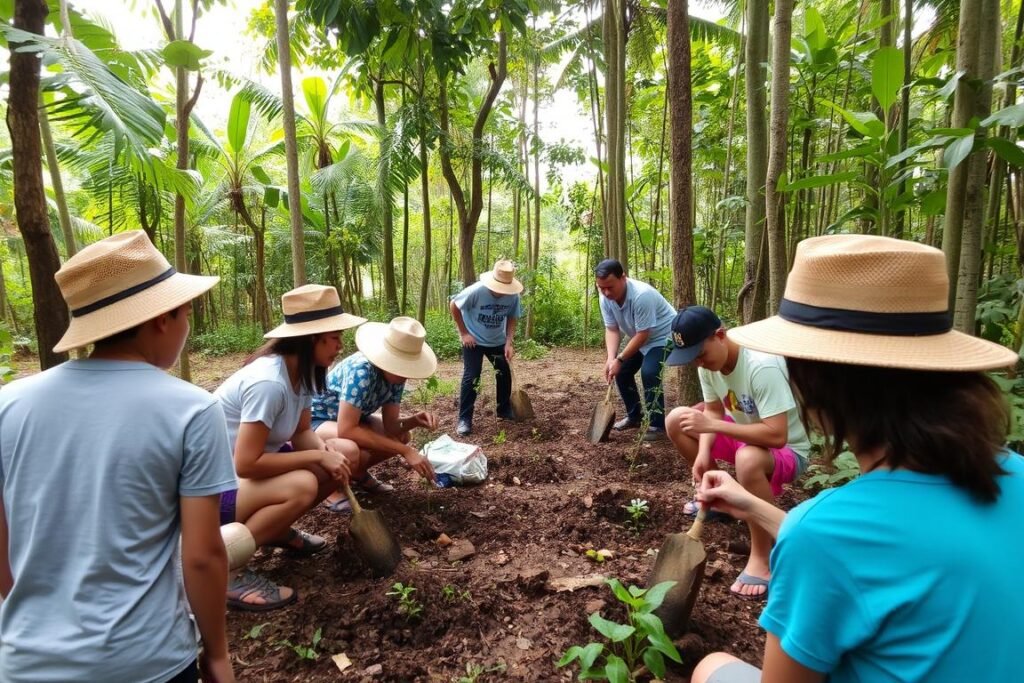
Join reforestation efforts in areas affected by deforestation. The Masungi Georeserve near Manila combines hiking with tree planting, allowing visitors to directly contribute to watershed restoration.
Participate in wildlife monitoring programs that track endangered species like the Philippine Eagle. These citizen science initiatives provide valuable data for conservation efforts while offering unique wildlife encounters.
Community Development
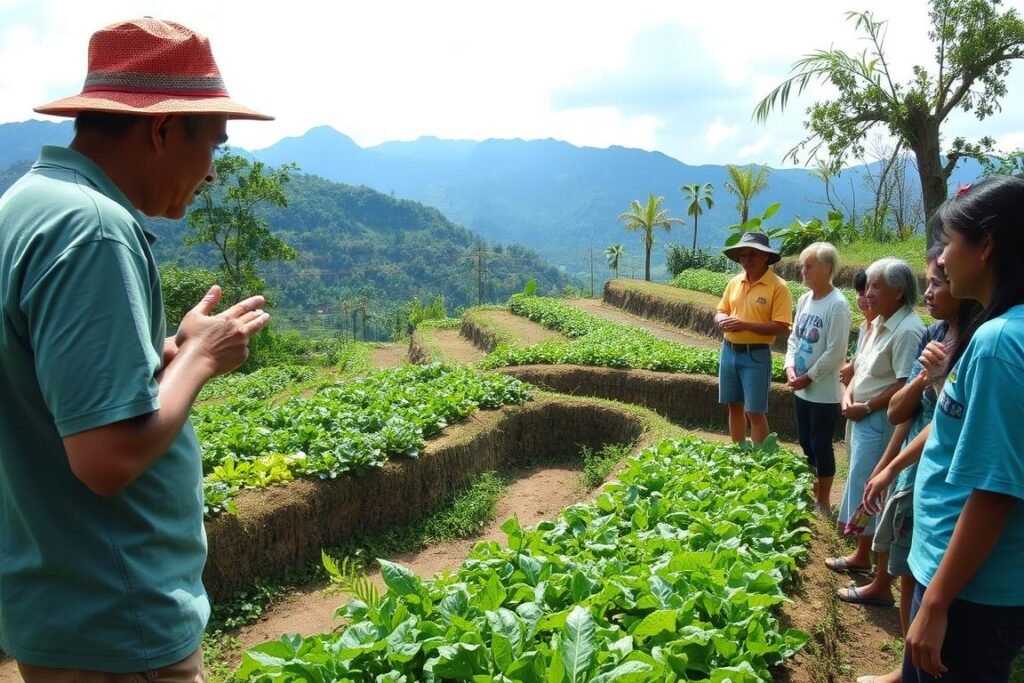
Volunteer with community development projects that focus on sustainable livelihoods. Organizations like SEED Philippines offer short-term volunteer opportunities in areas ranging from sustainable agriculture to environmental education.
Support community-based tourism initiatives where local residents design and manage tourism experiences. These programs ensure tourism benefits are distributed equitably while preserving cultural authenticity.
Ethical Wildlife Encounters
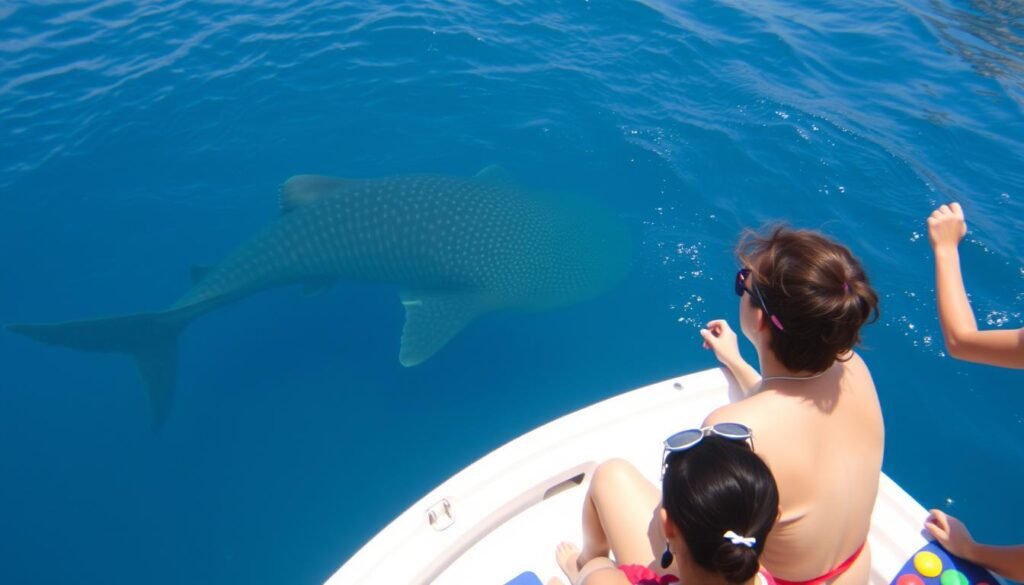
The Philippines offers remarkable wildlife encounters when approached ethically. In Donsol, community-managed whale shark interactions follow strict guidelines that prioritize animal welfare over tourist photos. Unlike some locations that allow touching or feeding, Donsol’s approach ensures these gentle giants can maintain natural behaviors.
Birdwatching tours throughout the archipelago support habitat conservation while providing opportunities to spot endemic species. The Philippine Eagle Center in Davao focuses on conservation education rather than entertainment, with proceeds supporting breeding programs for this critically endangered species.
Wildlife Tourism Red Flags:
- Wildlife being handled, touched, or fed by tourists
- Animals performing unnatural behaviors or tricks
- Captive wildlife in small enclosures without enrichment
- Operators guaranteeing wildlife sightings (may indicate baiting)
- Absence of educational information about conservation
Planning Your Eco-Conscious Philippine Adventure
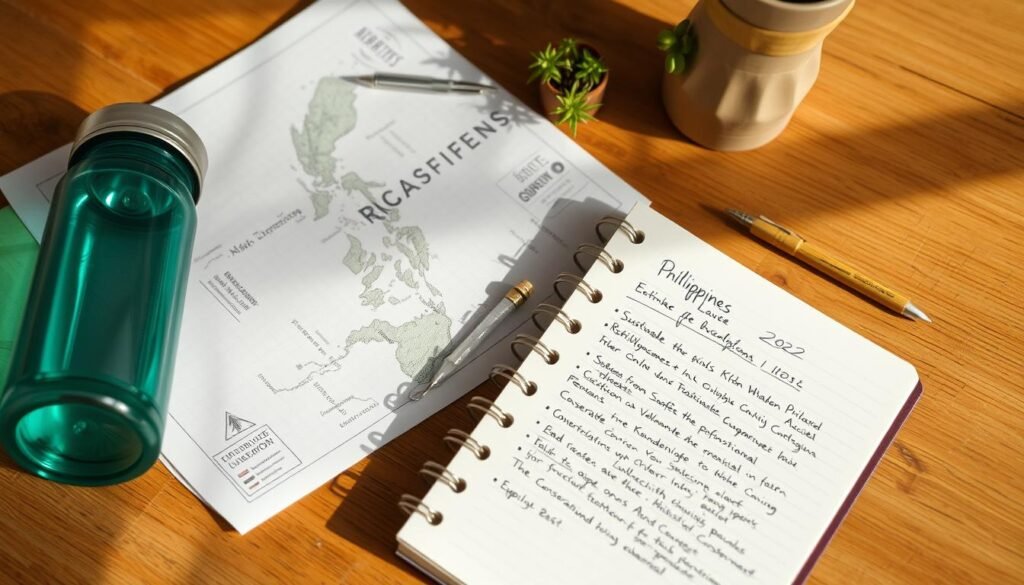
Best Times for Sustainable Travel
Consider traveling during shoulder seasons (April-May or September-November) to reduce your impact on popular destinations. These periods offer good weather while avoiding the peak tourist crowds of December-March. By distributing tourism throughout the year, pressure on natural resources and local infrastructure is reduced.
Some conservation activities have specific seasonal windows. Turtle nesting season (November-February) offers opportunities to support conservation efforts on beaches across the archipelago. The Sardine Run in Moalboal, Cebu provides year-round viewing but is less crowded during weekdays and non-holiday periods.
Responsible Transportation Choices
Low-Impact Options:
- Public ferries between islands (slower but lower carbon footprint)
- Shared vans and jeepneys for land transportation
- Bicycle rentals for exploring local areas
- Walking tours in urban centers and villages
- Sailing trips rather than motorized boat tours
Carbon Offset Opportunities:
- Support mangrove restoration projects
- Contribute to reforestation initiatives
- Invest in community renewable energy projects
- Participate in seagrass restoration programs
- Support coral reef rehabilitation efforts
While air travel between distant islands is sometimes necessary, consider slower sea travel for shorter distances. Many islands offer bamboo bicycle rentals for exploring local areas with zero emissions. When booking tours, ask about boat engine types and fuel efficiency—some operators have switched to more efficient four-stroke engines or solar-electric boats.
Sample Eco-Conscious Philippine Adventure Itineraries
10-Day Marine Conservation Journey
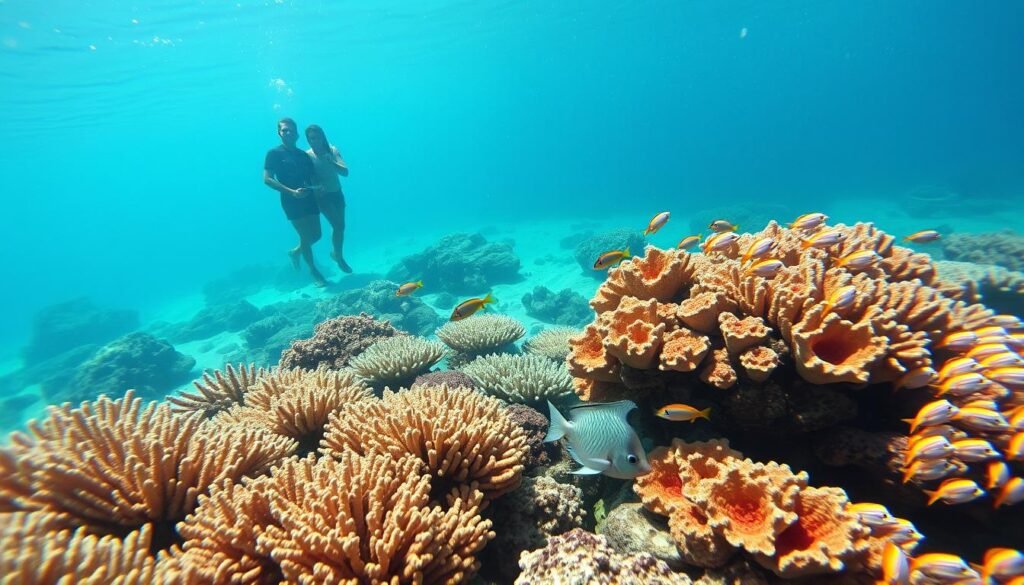
Days 1-3: Batangas – Participate in coral restoration with the Coral Triangle Initiative, learn sustainable diving practices, and stay at an eco-resort powered by renewable energy.
Days 4-6: Donsol, Sorsogon – Engage in ethical whale shark research, join mangrove planting activities, and experience community-based tourism with local fishing villages.
Days 7-10: Apo Island, Negros Oriental – Volunteer with sea turtle monitoring, support the community-managed marine protected area, and learn traditional fishing practices from local guides.
14-Day Cultural Heritage and Forest Conservation
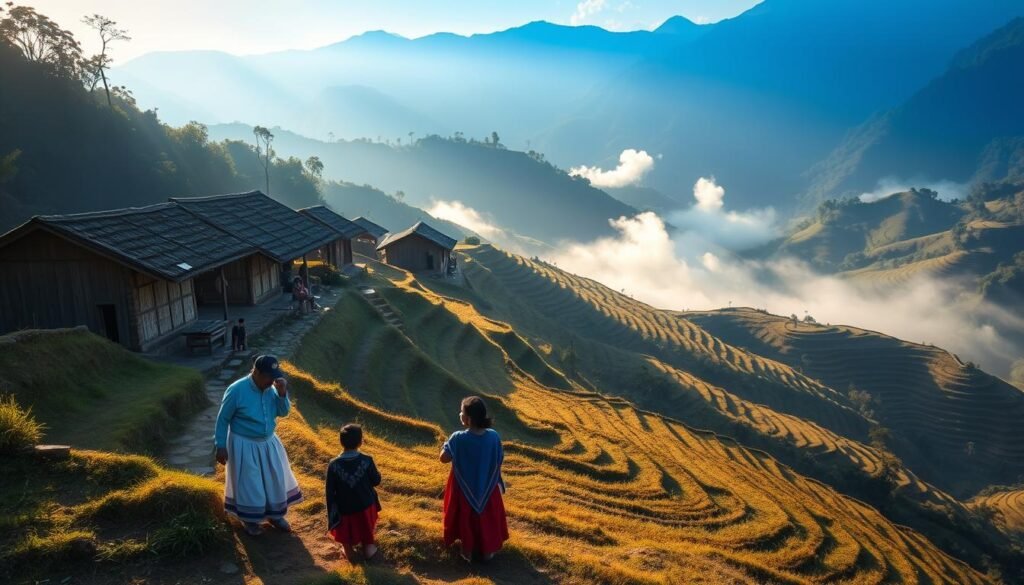
Days 1-4: Banaue and Sagada – Stay with Ifugao families, learn traditional rice farming techniques, and participate in forest conservation around the rice terraces.
Days 5-8: Masungi Georeserve and Sierra Madre – Join reforestation efforts, hike through conservation areas, and learn about watershed protection from local environmental defenders.
Days 9-14: Palawan – Engage with Batak and Tagbanua communities, support sustainable livelihood projects, and participate in forest monitoring activities in the El Nido-Taytay Managed Resource Protected Area.
7-Day Sustainable Island Hopping
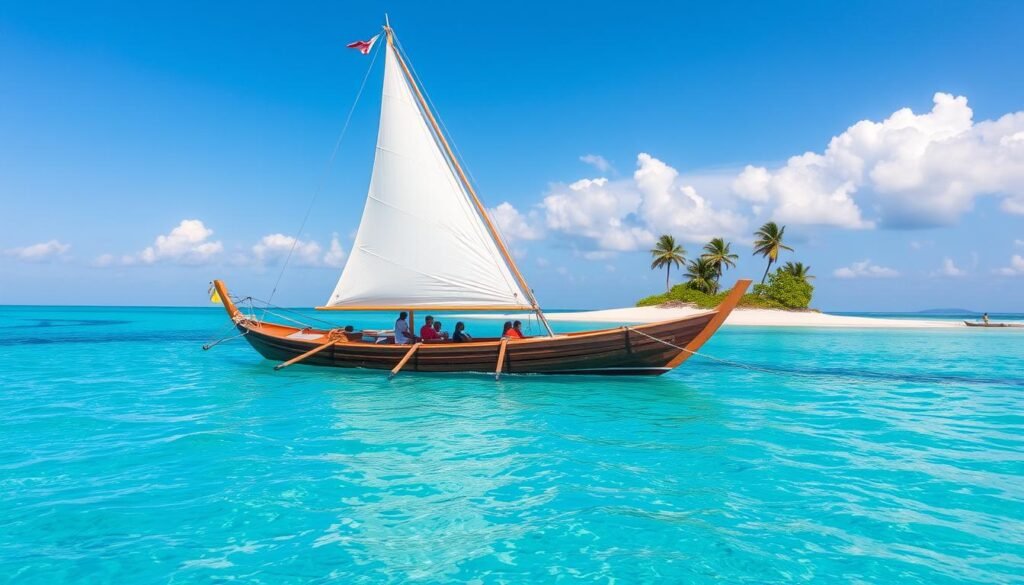
Days 1-2: Siargao – Stay at a bamboo eco-lodge, participate in mangrove conservation, and explore the island by bicycle rather than motorbike.
Days 3-5: Camiguin – Join community-led marine protected area monitoring, experience sustainable volcano trekking, and support local organic farmers through farm-to-table dining.
Days 6-7: Bohol – Participate in ethical firefly watching tours, support tarsier conservation, and engage with community-based tourism initiatives in rural villages.
Embracing the Spirit of Sustainable Travel
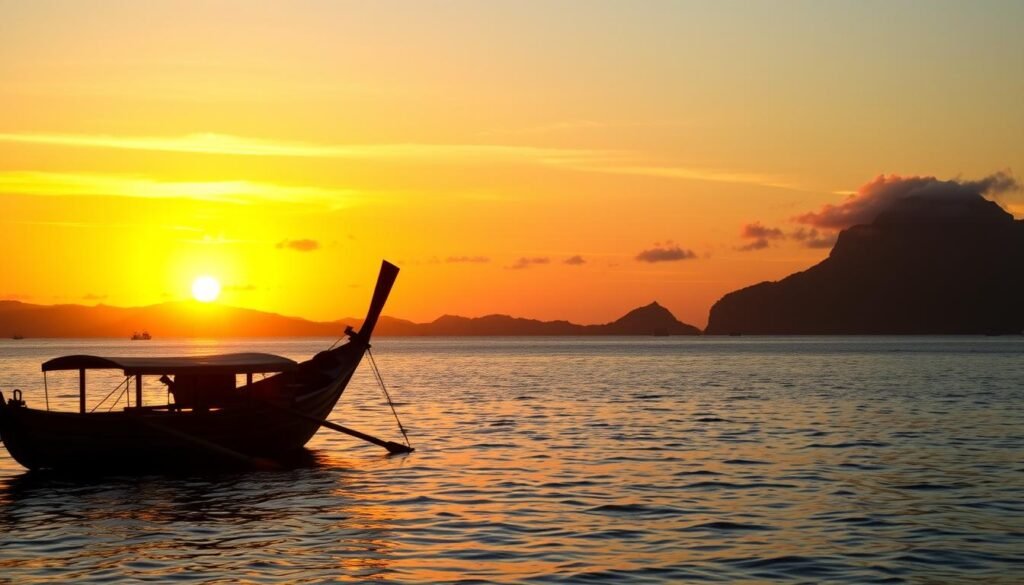
Your Eco-Conscious Philippine Adventure represents more than just a vacation—it’s a commitment to preserving one of the world’s most biodiverse countries for future generations. By choosing sustainable accommodations, engaging with communities respectfully, and supporting conservation initiatives, you become part of the solution rather than adding to environmental pressures.
The Philippines’ natural wonders and cultural heritage offer transformative experiences that can change how we view our relationship with the planet. From swimming alongside gentle whale sharks to learning traditional farming techniques from indigenous elders, these encounters foster a deeper connection to both nature and humanity.
As you plan your journey, remember that every choice matters—from the tour operators you select to the souvenirs you purchase. By approaching travel with mindfulness and respect, you help ensure that the Philippines’ extraordinary biodiversity and cultural richness will continue to thrive for generations to come.
Share Your Eco-Conscious Philippine Adventure
Have you experienced sustainable tourism in the Philippines? We’d love to hear your stories, tips, and recommendations. Share your experiences in the comments below to inspire other travelers on their journey toward more responsible travel.

















[…] June 10, 2025 Your Eco-Conscious Philippine Adventure: Sustainable Travel in Paradise The Philippin… […]